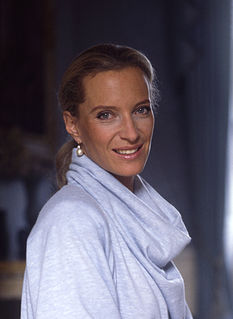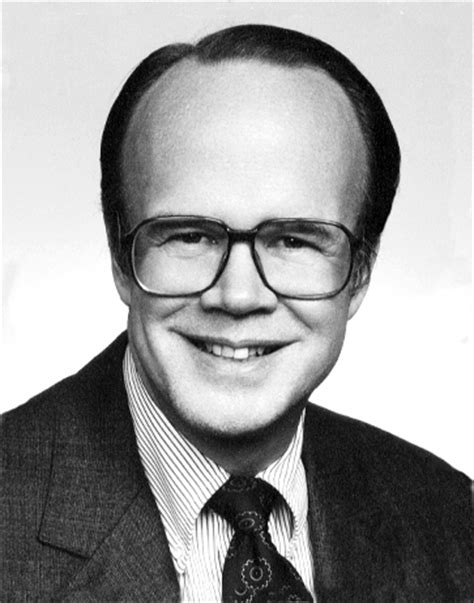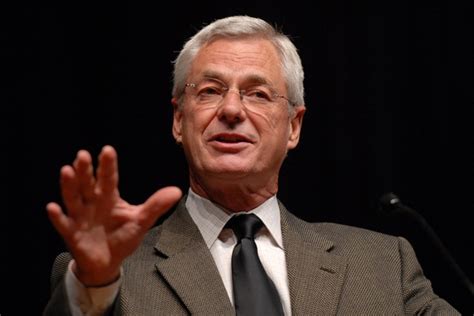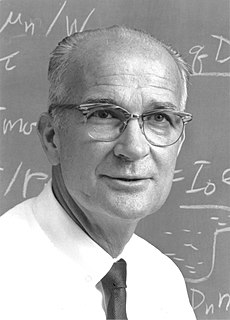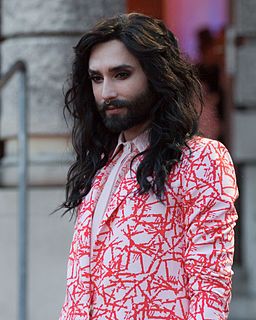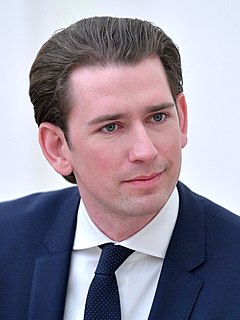A Quote by Princess Michael of Kent
I don't know whether or not it's good that we embrace all religions. We are no longer Christians - nevertheless a knowledge of God should still be important for Europeans.
Related Quotes
Whether you can see it or not - and often we cannot - everything is being used of God for your good as well as the good of othersThis knowledge is by faith. It is not always by sight. But it is nevertheless certain, because it is based on the character of God, who reveals himself to us as both sovereign and benevolentWe are not to be anxious about the unknown future or to fret about it. We are to live in a moment-by-moment dependence upon God.
Religions contradict one another-on small matters, such as whether we should put on a hat or take one off on entering a house of worship, or whether we should eat beef and eschew pork or the other way around, all the way to the most central issues, such as whether there are no gods, one God, or many gods.
When Christians speak of the authority of Scripture, because Christians believe that this word, even though it's mediated through many different human authors, nevertheless is God breathed and is revealed by God and is utterly reliable and all that it says, with all of its different literary genres, it's trustworthy and without mistake or distortion. It is trustworthy and therefore, because it is from God it has God's authority.
"Blessed are the pure in heart, for they shall see God." Can we see God? Of course not. Can we know God? Of course not. If God can be known, He will be God no longer. Knowledge is limitation. But I and my Father are one: I find the reality in my soul. These ideas are expressed in some religions, and in others only hinted. In some they were expatriated. Christ's teachings are now very little understood in this country. If you will excuse me, I will say that they have never been very well understood.
Genesis 1 logs God's commitment to excellence when it says, "God saw all that he had made, and it was very good" (v. 31). Christians should always do good work. Christians ought to be the best workers wherever they are. They ought to have the best attitude, the best integrity, and be the best in dependability.
We can know that the Christian God cannot exist. If he is all-powerful and all-good, as Christians maintain, there would not have been, for instance, the Holocaust. This is an inherent self-contradiction. So if Christians insist on having a God, they can do so, but if they have any respect for logic they'll have to redefine who he is.
The ultimate test of my understanding of the scriptural teaching is the amount of time I spend in prayer. As theology is ultimately the knowledge of God, the more theology I know, the more it should drive me to seek to know God. Not to know about Him but to know Him! The whole object of salvation is to bring me to knowledge of God. If all my knowledge does not lead me to prayer there is something wrong somewhere.
This deep agnosticism is more than the refusal of conventional agnosticism to take a stand on whether God exists or whether the mind survives bodily death. It is the willingness to embrace the fundamental bewilderment of a finite, fallible creature as the basis for leading a life that no longer clings to the superficial consolations of certainty.
Frequently, I have been asked if an experiment I have planned is pure or applied science; to me it is more important to know if the experiment will yield new and probably enduring knowledge about nature. If it is likely to yield such knowledge, it is, in my opinion, good fundamental research; and this is more important than whether the motivation is purely aesthetic satisfaction on the part of the experimenter on the one hand or the improvement of the stability of a high-power transistor on the other.
It took Christians many years to realize that we cannot love God and also keep humans as slaves. It has taken even longer for Christians to realize that we cannot love God and also regard women as second-class humans. Now is the time for Christians to realize that we cannot love God and hate the Creator's nonhuman creatures.
All religions are not the same. All religions do not point to God. All religions do not say that all religions are the same. At the heart of every religion is an uncompromising commitment to a particular way of defining who God is or is not and accordingly, of defining life's purpose.
Anyone who claims that all religions are the same betrays not only an ignorance of all religions but also a caricatured view of even the best-known ones. Every religion at its core is exclusive.
